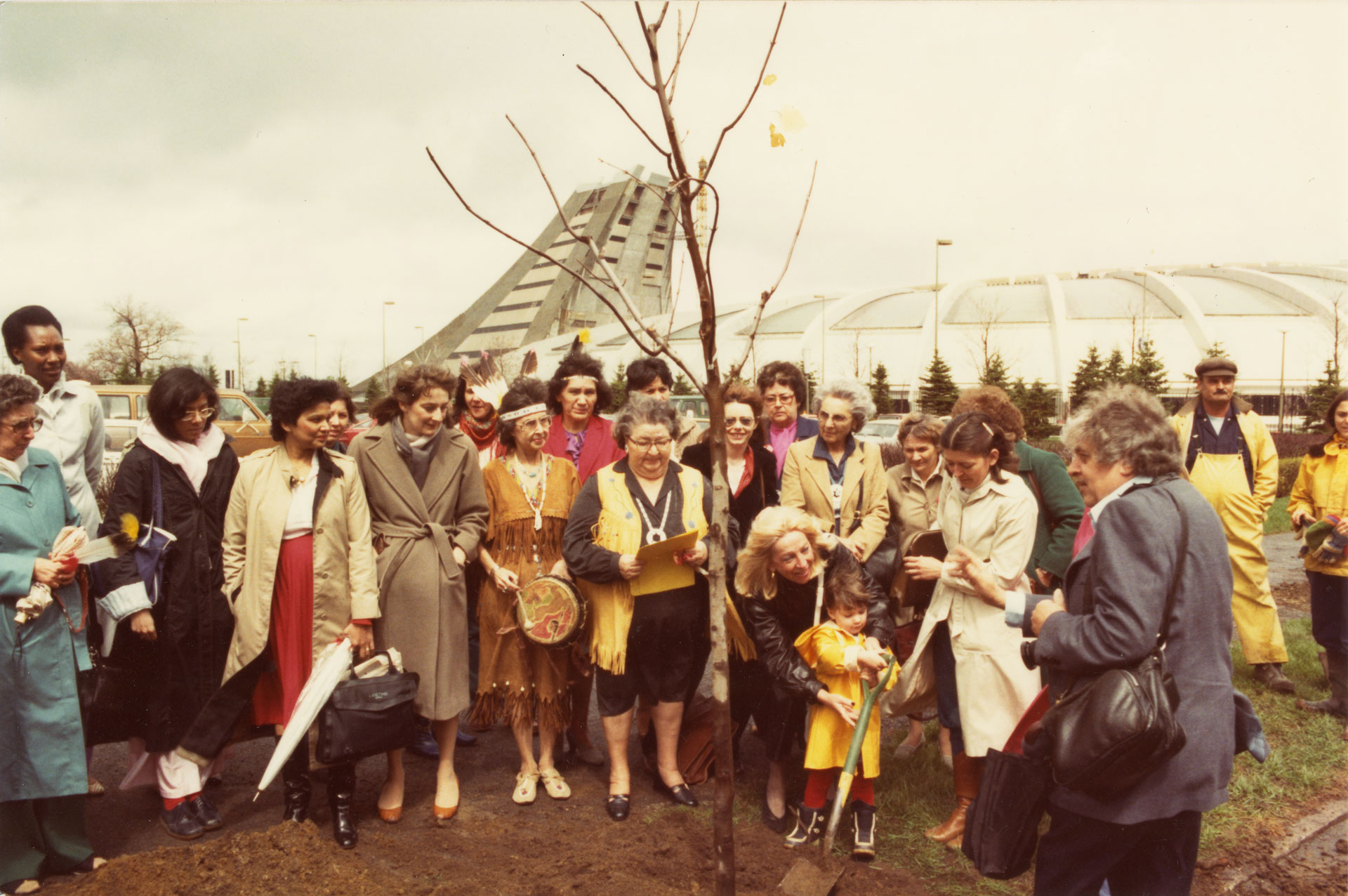The Film: #Indigeneity 2022
#Indigeneity focuses on resiliency left over from colonization and how we can move forward on our journey while also ensuring we’re taking up space in a way that’s effective for settlers to understand.
Indigenous Curator Rylan Friday’s goal is to showcase various narratives that hold a universal truth and to showcase that, as Indigenous people, we’re more than our trauma and tragedies. We’re also our songs, our humour, our stories, our traditions. We are medicine.
PROGRAM
Clouds of Autumn – Trevor Mack
Set on the Tsilhqot’in plateau in the 1970s, Clouds of Autumn focuses on a young Indigenous boy named William and his older sister Shayl whose carefree childhoods are torn apart when Shayl is forced to attend a residential school. Singular visual interpretations infuse co-director Trevor Mack’s family history with a slowly shifting tone that evokes loss and love.
Remembering the Forgotten Children – Graham Constant
Graham Constant created this documentary while at the National Centre for Truth and Reconciliation (NCTR). Follow him and his colleagues as they visit the site of the former Muskowekwan Residential School, tour the school, speak with Survivors, and learn about the unmarked burials surrounding former school property.
Joe Buffalo – Amar Chebib
Joe Buffalo is an Indigenous skateboard legend. He’s also a survivor of the notorious Indian Residential School system. Following a traumatic childhood and decades of addiction, Joe must face his inner demons to realize his dream of turning pro.
Mary Two-Axe Earley: I Am Indian Again – Courtney Montour
Mary Two-Axe Earley: I Am Indian Again shares the powerful story of Mary Two-Axe Earley, who fought for more than two decades to challenge sex discrimination against First Nations women embedded in Canada’s Indian Act and became a key figure in Canada’s women’s rights movement.






